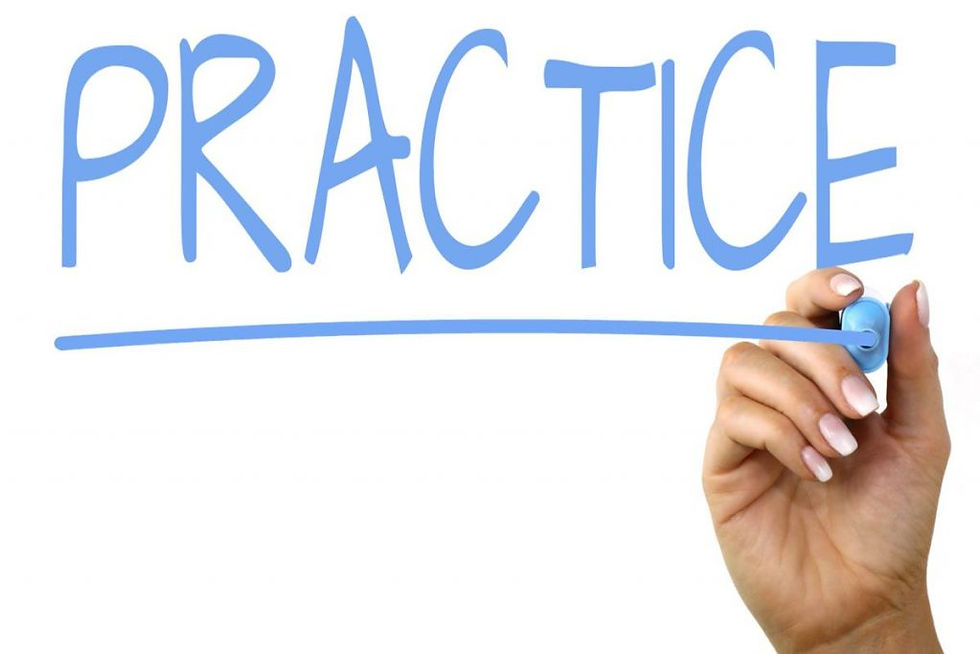Is Your Writing Quality Slipping? Try These Five Easy Fixes
- susieyakowicz
- Sep 29, 2017
- 2 min read

Every writer has produced work they’re not proud of. But if you’re on a pattern of poor writing, don’t get discouraged. Chances are you’re not losing your mind—or your talent. In fact, good writing gone bad could be due to something much simpler—and easier to fix—than you think. Here are some likely culprits that could be harming your work and what to do about them:
Your Office Setup
Is your desk chair comfortable? How about your office—is the temperature too hot or too cold? How’s the lighting? Do you have enough space to spread out your research? All these things can affect comfort level, which in turn can harm your writing quality. Try rearranging your office or investing in better equipment if necessary. Make your workspace one that makes you feel good and inspires you to write your best.
Hunger
Hunger pangs aren’t just loud and annoying; they can compromise your brain power. When you’re hungry, you may feel lightheaded, tired, and fuzzy. Get your mind in good working order by making sure you’re satiated. Food boosts creativity, focus, and mental acuity. And while you’re at it, drink up. Staying hydrated keeps you energized, so be sure to sip on water throughout the day.
Unsolved Personal Problems
Has something been nagging at you, like an argument with a friend or an upcoming stressful event? Whatever’s distracting you, get it off your mind so you can devote your brain to your work. If you can’t address the problem immediately, jot it down in a notebook to deal with later. Then refocus your attention on your writing. You can return to your troubles after a good writing session—and maybe they won’t seem so bad after all.
An Overworked Mind
Sometimes bad writing days are the result of overwriting. If you haven't had a break lately, it could be time to take one. Breaks can do wonders for writers; they offer an opportunity to refresh, rejuvenate, and brainstorm for new ideas. Set your work aside, and catch a movie, have a lunch date with a friend, or go on a mini-vacation. You’ll return with a renewed sense of enthusiasm that will show in the quality of your writing.
Lack of a Mentor
When writing goes sour and you can’t figure out why, consider consulting a writing mentor or friend. Often it takes another set of eyes to figure out where you’re going wrong. It could be that your writing isn’t as bad as you think or that it just needs a few tweaks here and there. On the other hand, another writer can help you fine-tune your work and clear up any major writing problems you don’t see.
It's easy to blame yourself when the quality of your work slips. But what’s wrong with your writing could have nothing to do with your talent. Give the above ideas a try, and get back to crafting the quality stuff you’re used to.
Image by Jerry Bunkers



Comments